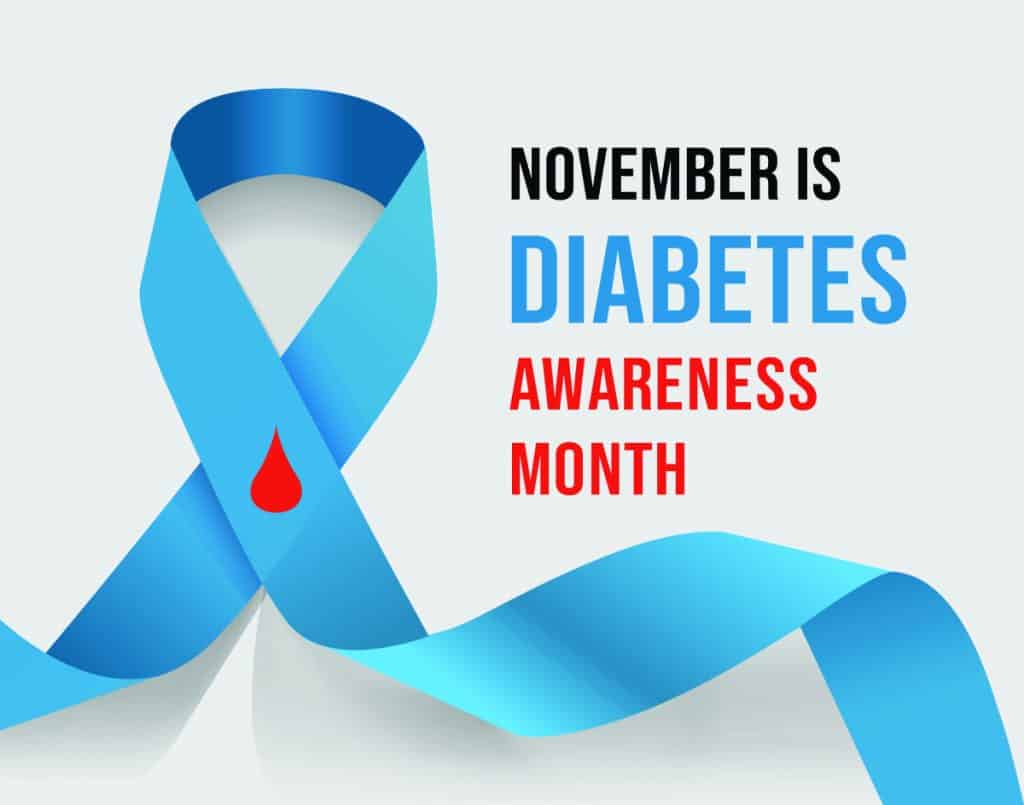
How Diabetes Can Affect Your Oral Health and Worsen Gum Disease
November is American Diabetes Month, and an estimated one in 10 Americans have diabetes. About one in five people with the condition don’t even know they have it. Our dentists at Pearce Dental Group want you and your loved ones to understand the oral health risks involved with diabetes and why regular dental exams are essential for a healthy mouth and body.
Diabetes and Gum Disease
According to the American Dental Association, gum disease is the most common dental concern for people with diabetes, affecting up to 22% of those diagnosed with the condition. This is likely due to uncontrolled blood sugar, and gum disease can also increase glucose levels, making diabetes more difficult to manage. These conditions are a two-way street that requires good dental hygiene and care and disease management.
Diabetes impacts your body’s ability to process sugar. Usually, food is turned into sugar, and the hormone insulin carries the sugar from the blood to cells that use it for energy. People with type 1 diabetes don’t make enough insulin, and people with type 2 diabetes stop responding to the insulin hormone. Both forms of this condition cause high blood sugar (glucose) problems that can damage many areas of the body, including the heart, kidneys, nerves, eyes and even the mouth.
People with diabetes have a higher risk of gingivitis, the earliest stage of gum disease that causes gum inflammation and irritation. They’re also at risk for periodontitis, an advanced gum disease stage that leads to receding gums that form pockets around the teeth where bacteria can collect. Eventually, gum disease causes loose teeth, tooth loss and bone degradation. Persistent bad breath is a warning sign of gum disease, along with red, bleeding and swollen gums. The elevated risk for people with diabetes is linked to glucose levels in the blood.
Every mouth contains tiny bacteria, which is why brushing and flossing are crucial for a healthy mouth. Bacteria can lead to gum disease that destroys the gum tissues and eventually damages the jawbone without intervention.
How Untreated Diabetes Affects the Mouth
Many people don’t know they have diabetes and many more struggle to regulate their blood sugar levels. Diabetes can wreak havoc on more than just your gums, affecting multiple mouth areas. Untreated diabetes may decrease saliva (along with certain medications), which increases the risk of cavities. Your mouth relies on saliva to wash away debris and protect your teeth. Diabetes may alter the taste buds, delay wound healing for oral sores and increase the risk of oral infections.
What You Can Do To Improve Oral Health with Diabetes
Proper oral hygiene at home is an excellent way to reduce your risk of gum disease and other oral health concerns linked to diabetes. Make sure you brush twice a day, floss daily, and schedule regular dental visits and teeth cleanings to ensure a healthy mouth. Avoid smoking, eat a healthy diet and use diabetes-related medications as instructed to improve your oral and overall health.
Treating gum disease in diabetic patients can help control blood glucose levels, and practicing good dental hygiene habits and regular deep cleanings with our dentists may improve diabetes management.
Schedule a dental exam with one of our skilled dentists at Pearce Dental Group in Cincinnati, Ohio. Call our office at (513) 651-0110 or fill out our online contact form.


